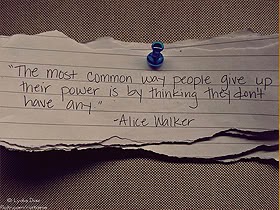“We hold these truths to be self-evident, that all men are created equal, that they are endowed by their Creator with certain unalienable Rights, that among these are Life, Liberty and the pursuit of Happiness.” Declaration of Independence.
As reflected in the Declaration of Independence, and other writings of the period, the Founders believed that rights came from God, not the government. The Founders didn’t believe that governments bestowed rights, nor did they believe governments were an agent to protect rights.
When
the Constitutional Convention convened in 1787, the delegates had to figure out
how to protect rights and personal liberty from an oppressive government. They
knew that rights were fragile. They can be suppressed by force, gradually
eroded, or simply lost through neglect.
The
original Constitution didn’t include a Bill of Rights. The delegates didn’t
believe one was necessary. In their mind, rights were not protected by words,
but by limiting governmental power. Montesquieu and Hume advocated separation
of power into three equal branches, with each branch having potent checks on
all of the other branches. Although this was a well-established theory at the
time, no national government was designed along these principles, and existing
state constitutions gave overwhelming advantage to the legislature. Delegates to the convention believed that if
they could architect a system consistent with the separation of powers
doctrine, give the national government only enumerated powers, and effectively
set up the states as checks on the national government, then the national
government wouldn’t be able to trample rights or intrude into peoples’ lives.





.jpg)











